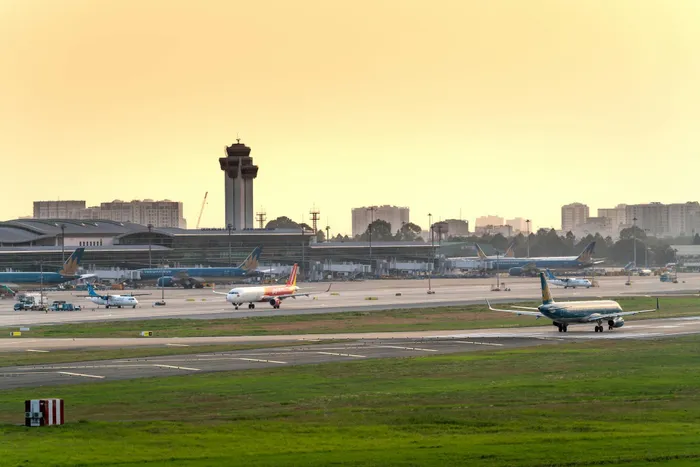Airlines urge officials to address air traffic challenges to avert economic fallout
AIR TRAVEL

Airlines say South Africa’s air transport infrastructure could continue to deteriorate unless urgent measures are taken — such as recruiting experienced personnel and reinstituting former employees.
Image: Pexels
The Airlines Association of Southern Africa (AASA) has issued a clarion call to the leadership of the Air Traffic Navigation Service (ATNS) to enhance collaboration with airlines, outlining the urgent need for effective solutions to the persistent challenges stemming from the suspension of instrument flight procedures (IFPs).
Ongoing disruptions and procedural unavailability pose a significant threat to the economic viability of several regions across South Africa, threatening not only airlines but also entire local economies, said Aaron Munetsi, CEO of the association.
AASA’s concerns come as ATNS's operational crisis, which has dragged on for 16 months, appears to show no signs of resolution. The lack of functional IFPs — a critical component for flights operating under low visibility conditions — creates a ripple effect, leading to delays, diversions, and flight cancellations that go far beyond mere inconveniences for passengers.
The ramifications, AASA warns, extend to the businesses and services that rely on air connectivity, placing South Africa's global competitiveness and attractiveness for tourism and investment in jeopardy.
In a briefing from ATNS leadership this week, the issues surrounding suspended IFPs were further underscored. While ATNS successfully expedited the reinstatement of an approach procedure for Kruger Mpumalanga International Airport (KMIA), questions loom over why similar measures have yet to be implemented for the 326 IFPs suspended in July 2024, alongside procedures suspended in subsequent months, said Munetsi.
With most cases not presenting new obstacles for revision, AASA questions why revalidations cannot be streamlined as a simple formality.The AASA has also pointedly raised concerns about upcoming IFPs due to expire within the next year. With further suspensions registered, particularly in key tourist destinations like Cape Town and George, the question remains as to whether ATNS is adequately addressing and pre-empting this crisis.
“The continued disruptions are financially devastating to the airlines and erode customer confidence,” said an AASA spokesperson. “We lose sales, face cancelled tickets, and must provide additional resources to manage affected passengers, which furthers our financial burden.”
In addition to the procedural questions, AASA stresses the importance of ATNS’s staffing levels. The aviation landscape is precarious, and unless urgent measures are taken — such as recruiting experienced personnel and reinstituting former employees — South Africa’s air transport infrastructure could continue to deteriorate.
AASA’s demands reflect a broader industry sentiment, calling for full transparency in ATNS's operational updates to allow airlines and customers to plan effectively during this turbulent period, said Munetsi. Furthermore, AASA advocates for a possible framework of recompense for the financial strains that airlines have endured due to these ongoing challenges, arguing that such measures would provide essential relief to the industry as they grapple with undeserved costs.
The impact of suspended IFPs extends far beyond airlines; local businesses, emergency services, and trade sectors that operate in areas like Pietermaritzburg, Kimberley, Polokwane, and Bloemfontein feel the repercussions acutely. With regional economic stability at stake, ATNS and the Department of Transport must focus on eliminating disruptions. Only then can airlines fulfil their role as economic catalysts, driving the much-needed expansion of South Africa’s tourism sector while creating jobs for local communities, notably among the youth and women, said Munetsi.